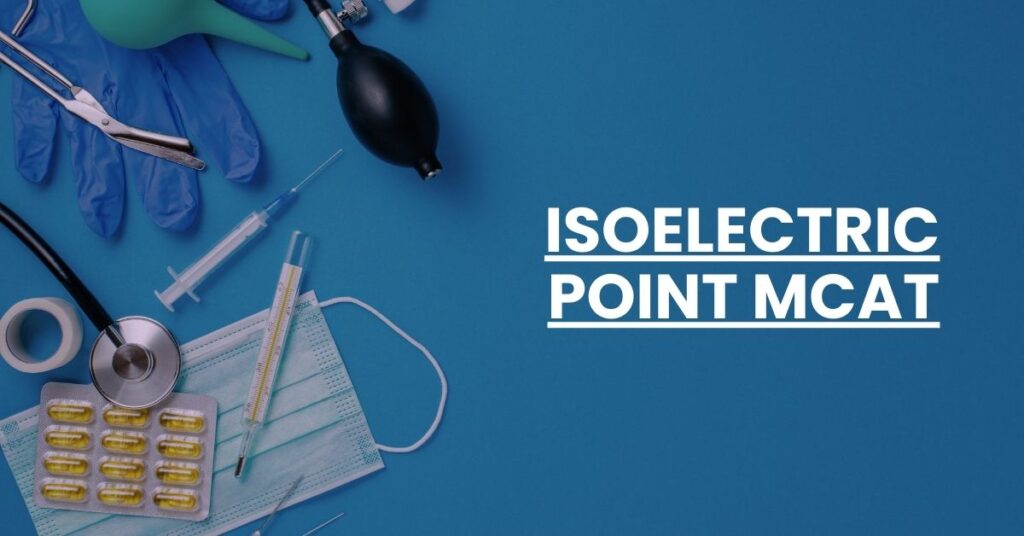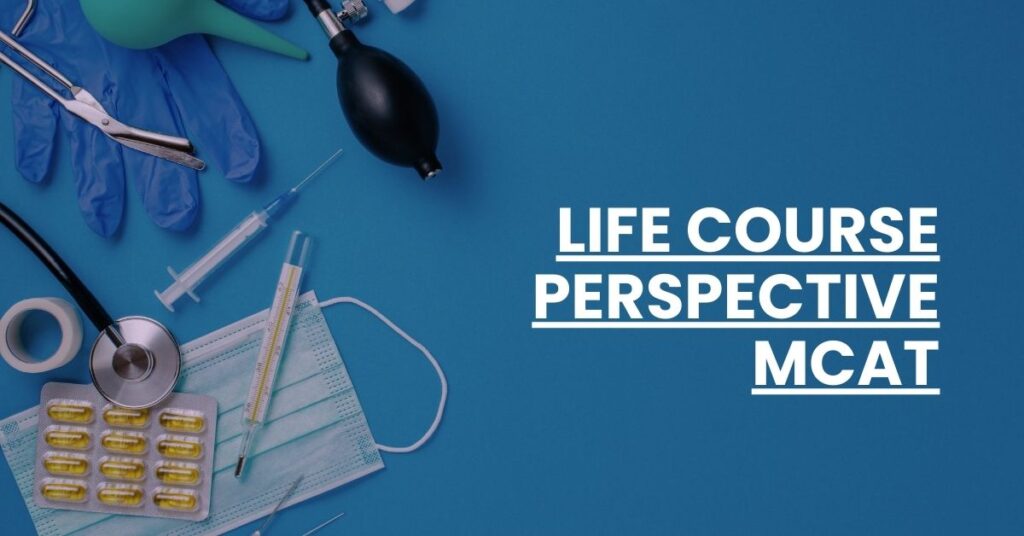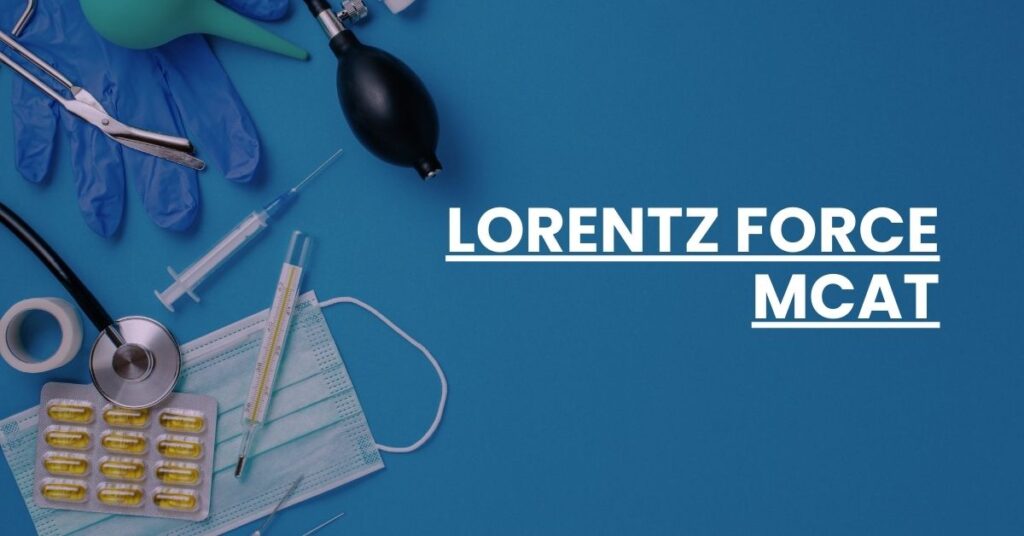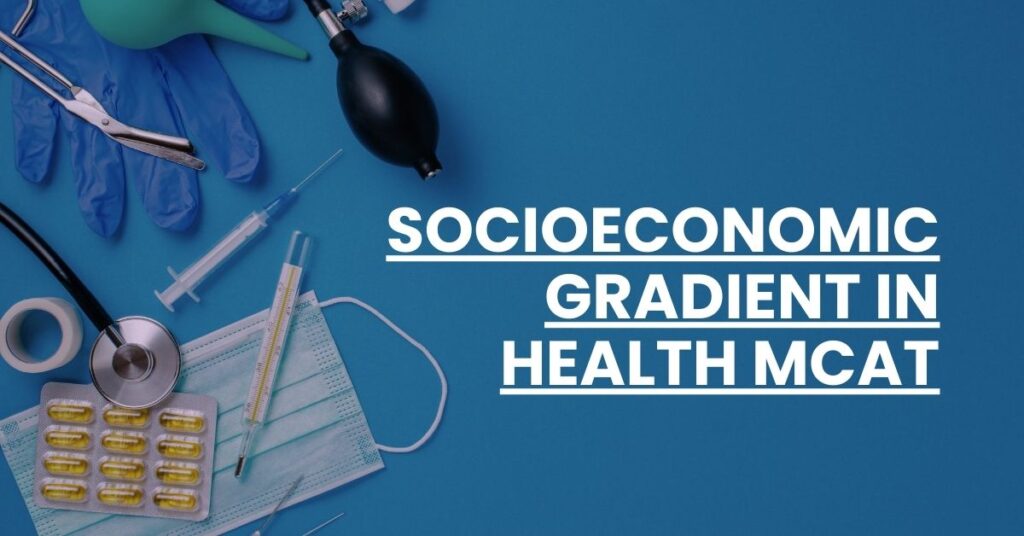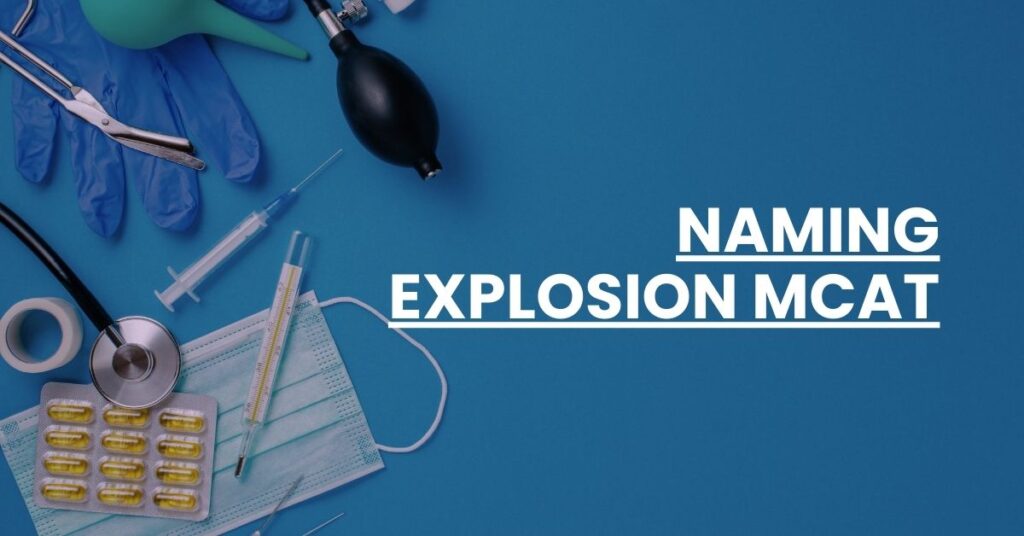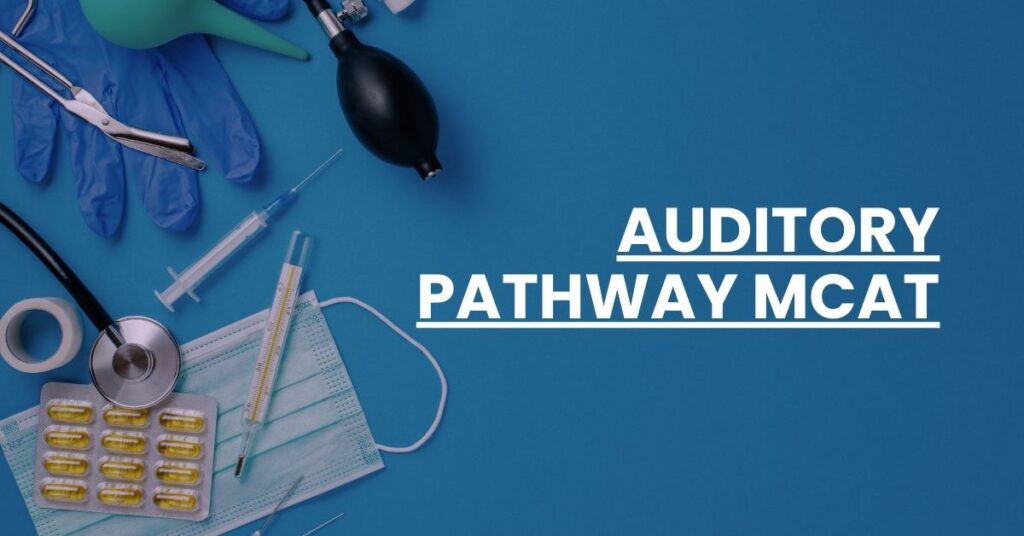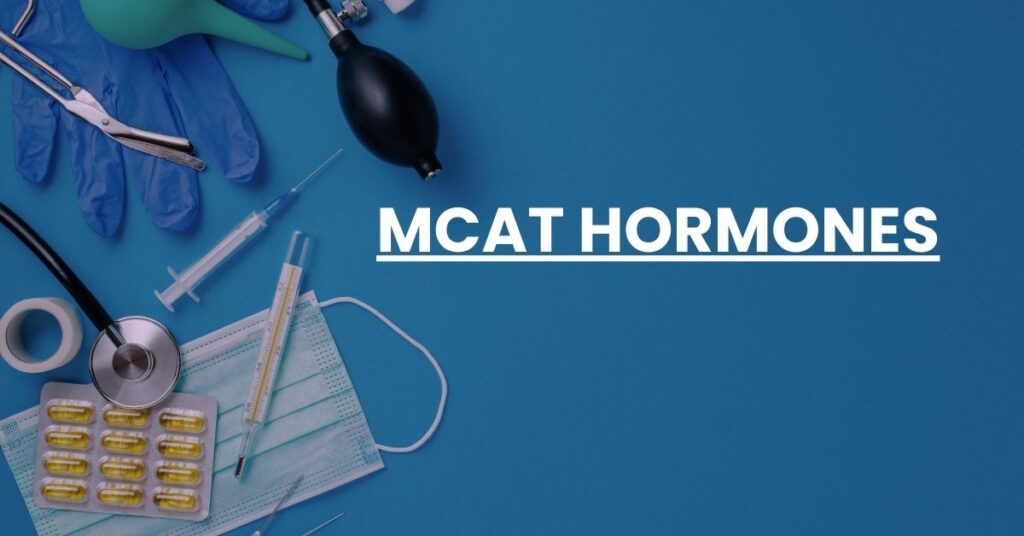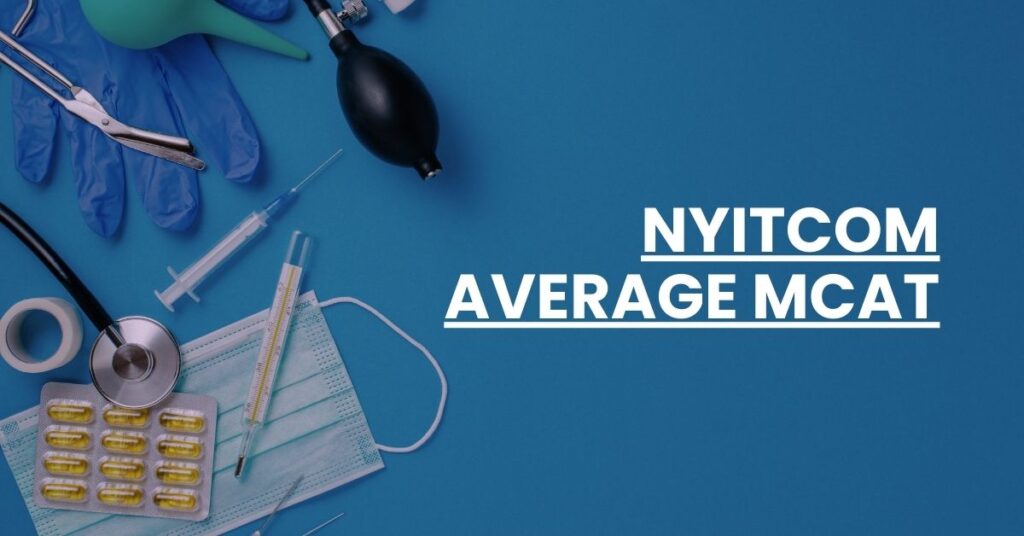Isoelectric Point MCAT
The isoelectric point (pI) is a critical concept for aspiring medical professionals preparing for the MCAT, symbolizing the pH at which an amino acid or protein carries no net electrical charge. It’s a key point of knowledge in biochemistry that affects how molecules interact in the body. In this article on Isoelectric Point MCAT, you’ll […]
Isoelectric Point MCAT Read More »
